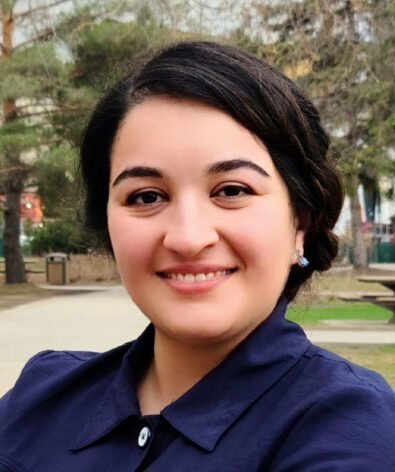Stem-Cell Based Approaches to Study Mechanisms of AD Resilience in Human Microglia

Research Area
Aging
Grant Type
Fellowship
Year
2024
Abstract
The complex, multifaceted nature of Alzheimer’s disease (AD) challenges the detailed mechanistic understanding of this condition. It is now known that AD is over 60% hereditable and most of these heritable factors modulate brain resident immune cells, known as microglia. Accordingly, understanding the disease mechanisms, can be achieved by exploring different hereditary elements in patients vs. healthy individuals. Although most of these hereditary factors are associated with increased risk of disease development, some rare hereditary factors are known to be protective and cause resilience to AD. Understanding the way these rare, yet beneficial factors help slow down AD progression is considered an exciting approach towards fighting this disease. My project will study the impact of one of such protective factors known as “APOE3-Christchurch” on human microglia and their behavior. I will use novel and multi-faceted approaches generated in our lab to decipher how this variant can change microglia and overall AD development. I will specifically use our established platform which enables transferring human microglia into the brain of mice and study their behavior in an environment that resembles their natural niche. I will also use a recently generated model that present several key hallmarks of AD. Overall, our unique approach can elucidate the impact of APOE3-Christchurch as a rare, protective factor on human microglial response to AD.

